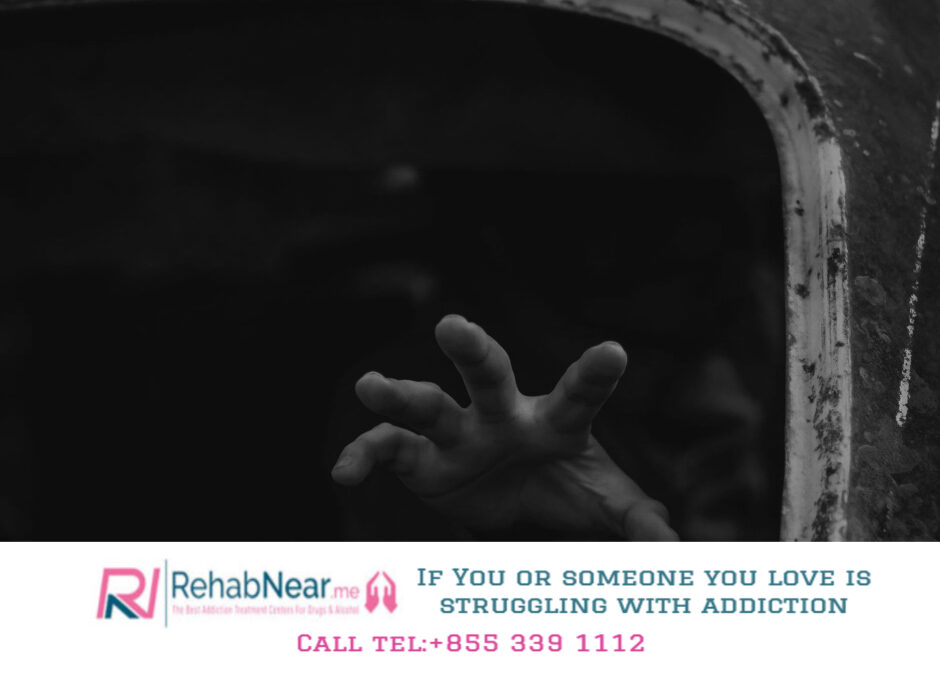Navigation: Dexedrine Overview, Dexedrine Abuse, Dexedrine: Effects of Abuse, Dexedrine Addiction
Abuse of Dexedrine goes back to the 1950s. It goes without saying that this amphetamine has a high potential for abuse—and even addiction. In fact, approximately 13 million people in the US use amphetamines like Dexedrine without medical supervision.
In 2010, there were 15,585 emergency room visits related to ADHD-treatment medications including Dexedrine. Because of its inherent risks, we need to talk about what this drug is and what the effects of abuse are. Let’s take a closer look.
Dexedrine Overview
Dexedrine is one of the brand names for a potent stimulant called dextroamphetamine. Dextrostat is another brand name for this central nervous system stimulant. This drug typically comes in a pill form that is taken orally.
It was approved by the Food and Drug Administration in 1976 for the treatment of people struggling with narcolepsy and attention deficit hyperactivity disorder. The drug promotes calmness and focus in people affected by ADHD. But it can also help treat sleep disorders.
Under the Controlled Substances Act, Dexedrine is categorized as a Schedule II drug. This means that it has a high potential for addiction and abuse despite having a legitimate medical use.
Dexedrine Abuse
Just like other amphetamines, Dexedrine has a high abuse potential. Using Dexedrine in any way that is not prescribed by a doctor is considered abuse. That includes taking more than is prescribed or taking it without a prescription. Taking Dexedrine more often than you’re supposed to is also classified as drug abuse.
Even before it was approved by the FDA for the treatment of ADHD and narcolepsy, Dexedrine was already being abused by people who want to boost their athletic performance or help with weight loss. Some people use it to help them focus while studying.
Dexedrine: Effects of Abuse
Unlike other amphetamines, Dexedrine isn’t commonly prescribed. However, it still carries the same risks, especially when misused. Side effects caused by Dexedrine include: restlessness, insomnia, anxiety, headaches, loss of appetite, blurred vision, anxiety, increased blood pressure, chest pain, dry mouth, agitation, nervousness, weight loss, circulation problems, tremors, fever, and increased blood pressure.
Long-term abuse and addiction may cause more severe side effects such as hallucinations, delusional thoughts, seizures, nausea, vomiting, dizziness, psychosis, manic behavior, and aggression.
Continued abuse of the drug can lead to addiction. Just like other amphetamines, Dexedrine alters the user’s brain chemistry. It stimulates the release of dopamine in the brain, which is known as the pleasure hormone. The drug creates higher amounts of dopamine, which is normally produced in low amounts. It affects the brain’s reward center, and that is what leads to addiction.
Dexedrine Addiction
People who are addicted to Dexedrine will continue to use the drug even if they are already experiencing its harmful effects. They need to take the medication just to feel “normal”, otherwise they won’t feel like themselves.
If they suddenly stop taking the drug, they will be depleted of dopamine and will go through withdrawal. As the brain attempts to readjust, the person will experience withdrawal symptoms and intense cravings. This is what often leads to a relapse.
Addiction is also characterized by repeated failed attempts at getting sober. The addicted person may lose interest in things they used to enjoy. They will also neglect their responsibilities in favor of taking Dexedrine. Eventually, Dexedrine abuse becomes compulsive—the person takes it because they need to, rather than because they want to.
If someone in the family is struggling with drug or alcohol addiction, it is important to seek help. A combination of medical detox and behavioral therapy can go a long way in the fight against substance abuse. Because every individual is affected by addiction differently, a comprehensive program tailored to their specific needs is necessary. Look for a nearby addiction treatment facility today and find out how drug treatment programs work.
What is Dexedrine: Abuse, Addiction, and Effects https://t.co/58eg1EhHib #rehabnearme
— RehabNearMe (@RehabNear_Me) August 1, 2024





